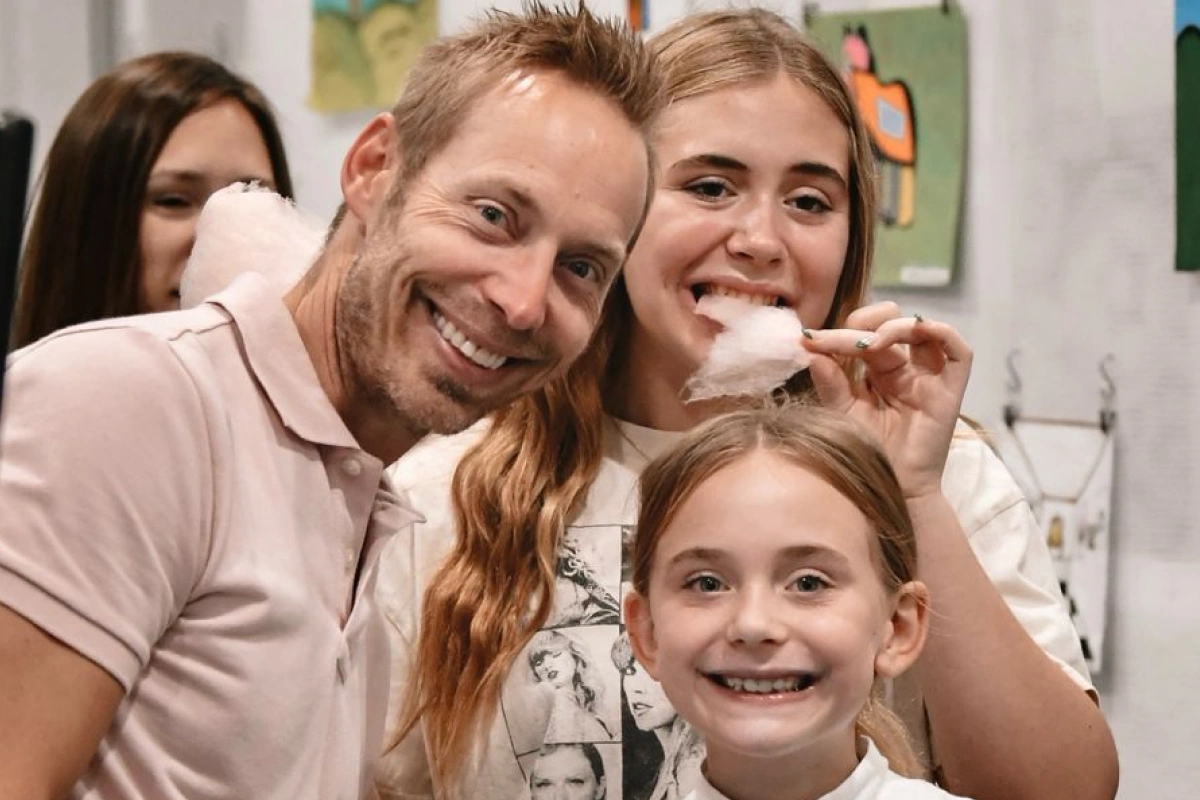
Did you know that nearly 20% of children between 2 and 5 years old have at least one cavity? This alarming statistic highlights the importance of dental hygiene from an early age. Establishing good dental habits helps prevent cavities and ensures overall health and well-being. Poor dental hygiene can lead to painful dental issues, affecting a child’s confidence and learning abilities.
This blog will explore effective ways to teach your child good dental hygiene habits that last a lifetime. It will cover the basics of dental hygiene, the importance of starting early, effective brushing techniques, flossing, diet, family involvement, and regular dental visits.
Understanding Dental Hygiene
What is Dental Hygiene?
Dental hygiene involves practices to maintain healthy teeth and gums. It includes brushing, flossing, and regular dental check-ups. Good dental hygiene prevents plaque buildup, which can lead to cavities and gum disease.
Why It Matters?
Maintaining good dental hygiene is crucial for children. It can lead to long-term benefits like strong teeth and a healthy smile. Establishing good habits early on can prevent common dental issues in children, such as cavities and gum disease.
Cavities can cause pain and discomfort, making it difficult for kids to eat and learn. Gum disease can affect their overall health and may lead to other health issues later in life. By teaching your child the importance of dental hygiene, you set them up for a lifetime of healthy habits.
Starting Early: The Foundation of Good Habits
Infants and Toddlers
Start your child’s dental care routine even before their first tooth appears. Gently wipe their gums with a soft, damp cloth. This helps remove harmful bacteria. Once the first teeth come in, use a soft toothbrush with water to clean them. Establishing a routine early creates a sense of familiarity and comfort.
Preschool Years
As your child grows, transition to using a small amount of fluoride toothpaste. Teach them to spit out the toothpaste after brushing. Regular dental visits become important during this stage. The dentist can guide you and your child on proper brushing techniques. Make these visits enjoyable to help your child develop a positive attitude toward dental care.
Teaching Effective Brushing Techniques
Age-Appropriate Techniques
Your child’s age will determine how you teach brushing. For toddlers, use a hand-over-hand technique to guide their movements. For older kids, show them how to brush in circular motions. Explain the importance of brushing for two minutes twice a day.
Fun Ways to Make Brushing Engaging
Make brushing fun by incorporating songs or games. You can set a timer and encourage your child to brush until the song ends. Creating a colorful chart to track their brushing habits can motivate them too. Consider using fun characters or themes to make brushing exciting.
Choosing the Right Tools
Select age-appropriate toothbrushes and toothpaste. Choose a soft-bristled toothbrush that fits your child’s mouth. Look for fluoride toothpaste with a flavor your child enjoys. This can make the brushing experience more enjoyable for them.
Flossing and Rinsing: Beyond Brushing
When to Introduce Flossing?
Introduce flossing once your child has two teeth touching. Flossing helps remove food particles and plaque between teeth. Use a gentle sawing motion and teach your child to be careful around their gums. Supervise until your child can floss independently, usually around age 8 or 9.
Teaching Rinsing and Mouthwash Use
Introduce mouthwash around age 6 or when your child can rinse without swallowing. Look for fluoride mouthwash designed for kids. Explain that mouthwash can help reduce cavities. Always supervise their use of mouthwash to ensure safety.
Diet and Its Impact on Dental Health
Foods to Encourage
Encourage a balanced diet rich in fruits, vegetables, and dairy. Crunchy fruits and veggies can help clean teeth naturally, and foods rich in calcium, like yogurt and cheese, strengthen teeth and bones.
Foods to Limit
Limit sugary snacks and drinks. Candy and soda can lead to cavities. Encourage water as a primary beverage. Educate your child about how sugary foods can harm their teeth.
Healthy Snack Ideas
Offer dental-friendly snacks like apple slices with cheese or carrot sticks with hummus. Create simple recipes, like yogurt parfaits with berries. These snacks support dental health while being tasty.
Making Dental Hygiene a Family Activity
Leading by Example
Children learn best by watching their parents. Practice good dental habits yourself to set an example. Brush and floss your teeth together to show that dental care is important for everyone.
Family Dental Hygiene Routine
Create a family routine for dental hygiene. Set a specific time for brushing and flossing together. Turn it into a fun family activity, and celebrate everyone’s efforts to maintain good dental health.
Addressing Common Challenges
Resistance to Brushing
Many children resist brushing. Make it enjoyable by incorporating games or rewards. Try letting them choose their toothbrush or toothpaste. Create a positive environment around dental hygiene.
Fear of the Dentist
Some children fear dental visits. To ease their anxiety, explain what to expect beforehand. Consider playing dentist at home to familiarize them with the process. Reassure them that the dentist is there to help.
Setting a Routine
Establishing a consistent dental hygiene routine is crucial. Set specific times for brushing and flossing each day. Consistency helps children understand the importance of dental care.
The Role of Regular Dental Check-Ups
Importance of Professional Care
Regular dental check-ups are vital for maintaining your child’s dental health. During these visits, the pediatric dentist can spot potential problems early. They will also provide guidance on proper dental care.
How Often Should Kids See the Dentist?
Children should see a dentist every six months. This helps ensure healthy teeth and gums. Early visits can also help them become accustomed to the dental office environment.
In conclusion, teaching your child good dental hygiene habits is essential for their health. Start early, make it fun, and involve the whole family. By setting a positive example and establishing routines, you can ensure your child develops lifelong dental care habits. Encourage them to take pride in their smile and remind them that good dental health is a journey.



